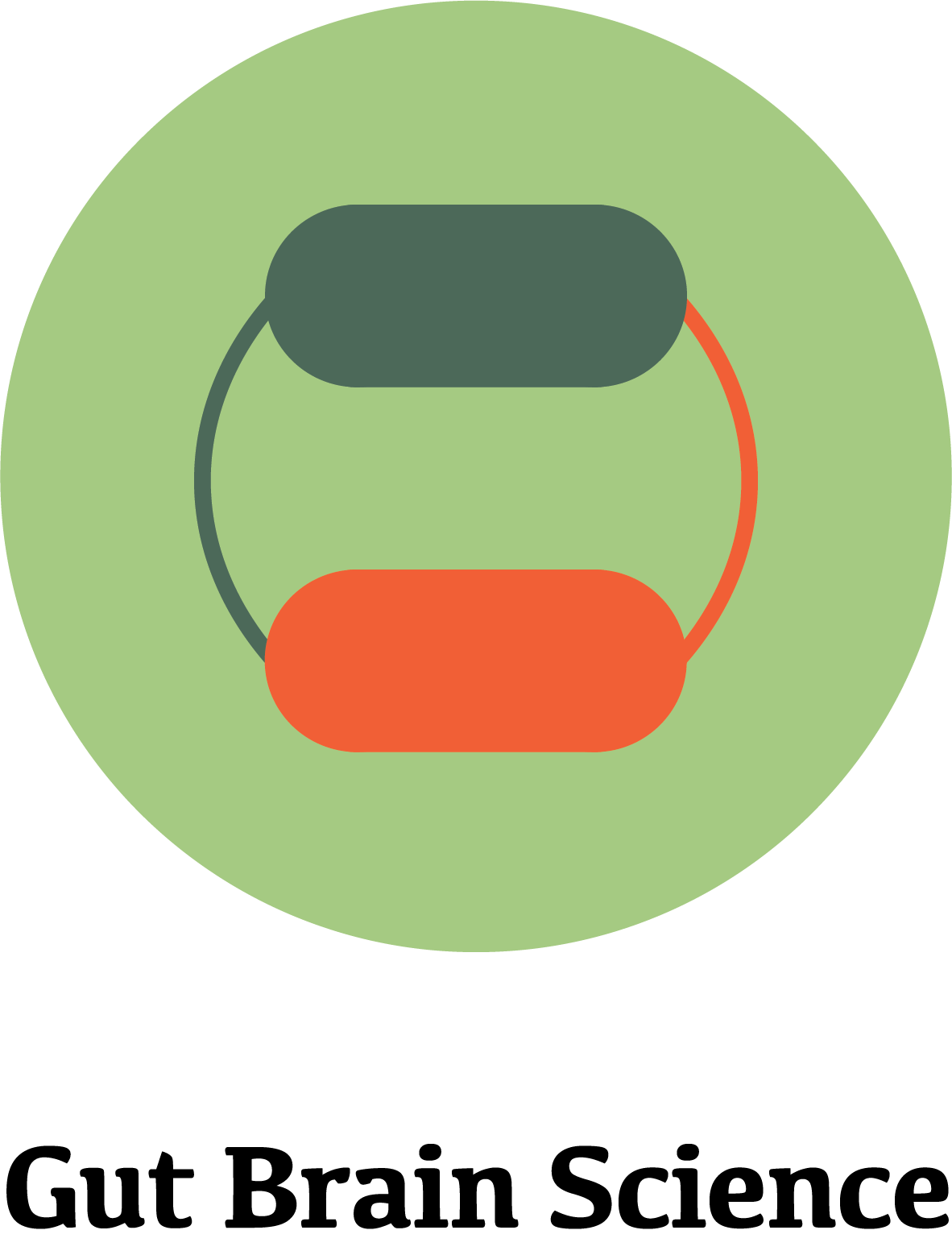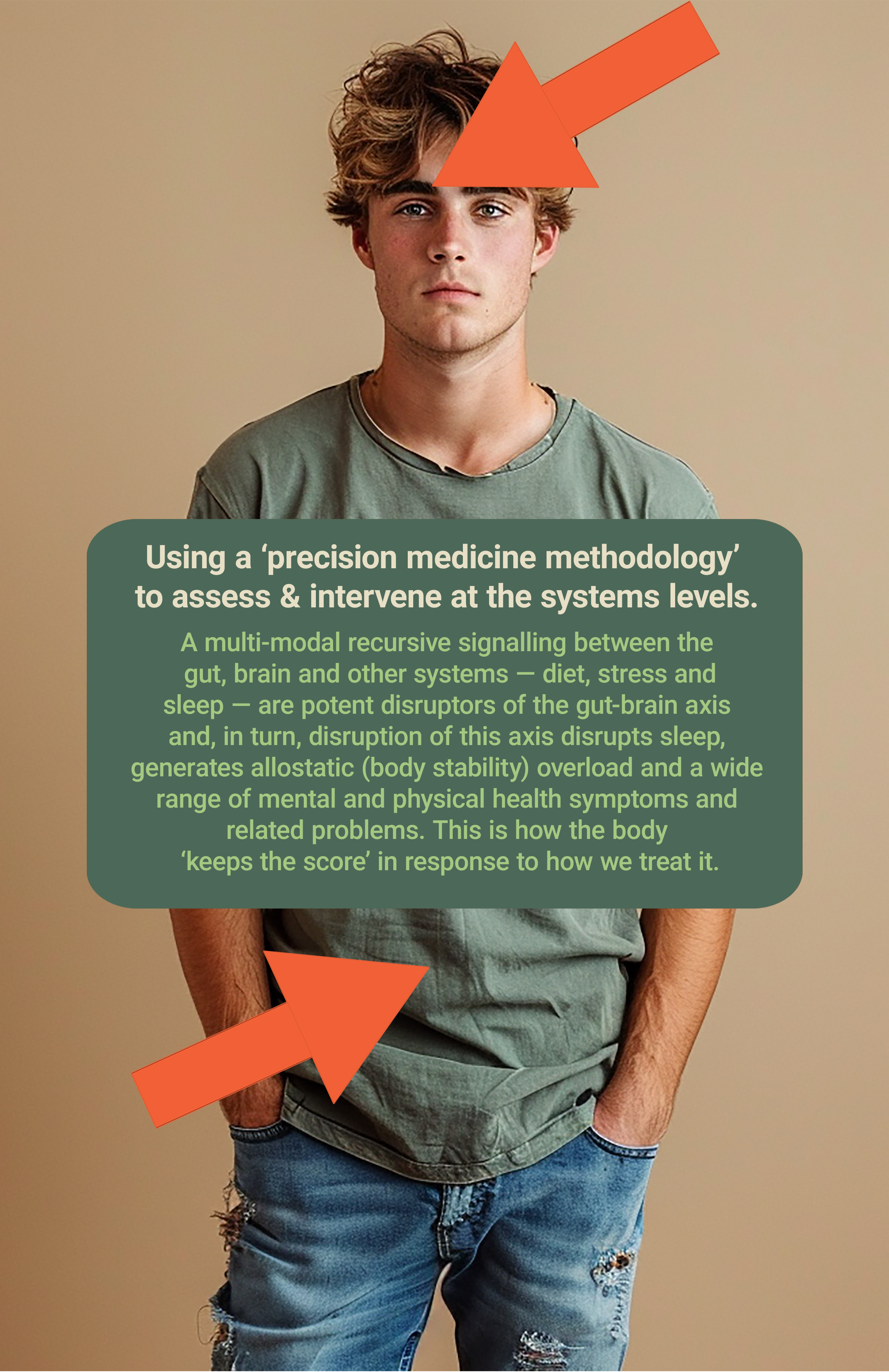an exciting new venture in systems medicine
A first-of-its-kind treatment program
based on many years of study and practice.
This is the cutting edge of the clinical application of the science of gut health and gut-brain-interaction-based treatment programs.
It is not the first time patients have been treated for gut-related problems that present as a range of different conditions — much of the understanding of how this is applied comes from a great number of case studies stretching back many years. It is, however, the first time this has been delivered as a cohesive offering and, as such, is still in development. We currently accept applications for treatment on a case-by-case basis (not Medicare funded) and are planning the development of an automated online offering that can make the program available to a wider community of patients. Please understand that progress is slow, as it is of the utmost importance that GBS adheres to all regulatory guidelines.
Our ‘look under the hood’ approach is in response to the syndromal nature of most diagnoses, based only on symptom sets and not based on associated pathophysiological biomarker factors. This approach looks for processes that drive and maintain symptoms and syndromal features. These processes are thus best understood as transdiagnostic factors. Intervening at this ‘under the hood’ level is ‘closer to the money’ with typically better results than a ‘treating the symptoms only’ approach and usually with across-the-board benefits. - Dr Mark Ryan
If you would like to stay informed about GBS, or if you would like to contact us, please complete the form below. To request an appraisal of your suitability for a treatment program, please use the below email link for 'referrals'.



